“This week’s language: ‘Digital Extremism.’ Push that line hard.”
That’s a direct quote from a classified National Intelligence Service (NIS) briefing memo dated April 19, 2025 — marked “Eyes Only,” and delivered in person to the Ministry of Interior, the State House Press Unit, and select media executives before sunrise.
These memos, which circulate quietly through encrypted flash drives or sealed pouches every Monday and Thursday, are the unseen scripts that dictate what Kenyans hear, fear, and believe.
Wamuzi News has obtained exclusive access to four such memos from within the past three months — each containing detailed talking points, threat assessments, and communication directives. The findings paint a chilling picture: Kenya’s political discourse is no longer being driven by elected leaders or spontaneous events — but by a state-controlled narrative machine, fed by intelligence and enforced through silence, incentives, and media complicity.
The Weekly Rhythm of Influence
At precisely 4:15 AM not exact every Monday and Thursday, an internal NIS team finalizes what insiders call “the sweep” — a rapid summary of:
- Online public mood trends (from X, TikTok, Facebook, WhatsApp groups)
- Opposition leader sentiments
- Gen Z flashpoint alerts
- Religious institution reactions
- Foreign embassy cables
These are bundled with Recommended Narrative Directives (RNDs) — keywords, emotional tones, and phrases that are then distributed to top government spokespeople, favored media editors, and party communication directors.
For example:
“De-escalate police brutality mentions. Shift language to ‘unfortunate confrontation’ and emphasize ‘youth provocation’.”
“Discredit TikTok political activists. Label as ‘foreign-funded destabilizers’ — avoid arrest, use ridicule instead.”
“Shift Gen Z protest framing to ‘anti-economy sabotage’. Urge business leaders to release joint statement.”
These memos form the core of press briefings, radio interviews, and even political sermon notes — often within 12 hours of release.
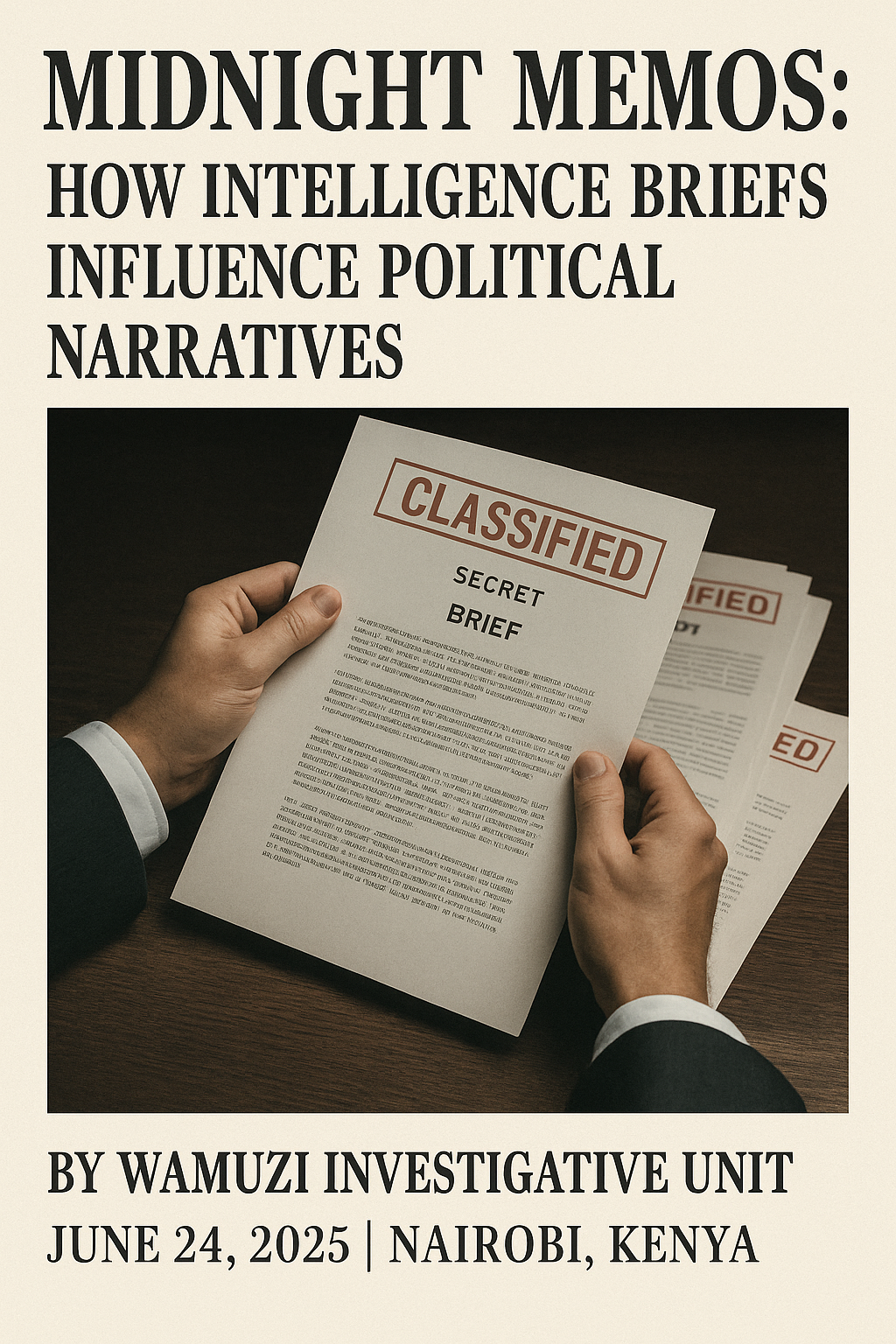
The Media Web: Compliance Through Survival
Several editors from national media houses, speaking under strict anonymity, confirmed the existence of these memos.
“We don’t publish them, but we don’t ignore them either,” said one senior editor from a top Nairobi-based news outlet. “Our survival depends on not being seen as antagonistic.”
The incentives are subtle:
- Exclusive interviews with state officials
- First dibs on tender and public ad contracts
- “Green-light” lists for government events
Conversely, failure to comply leads to:
- Sudden shutdown of press access
- Audits
- Cyberattacks blamed on ‘hackers’
- Allegations of editorial “non-patriotism”
The Disinformation Triangle
Intelligence memos, media houses, and political influencers create a three-point propaganda cycle. Once the memo’s themes are seeded:
- Influencers echo the talking points using humor or shock
- News bulletins cite the influencers as “public sentiment”
- Government officials then quote news articles to justify policy
This creates an engineered loop of perception — blurring the line between state intelligence, public discourse, and journalism.
When Narratives Replace Truth
The consequences are alarming.
During the protests in May 2025, initial NIS memos flagged genuine grievances about youth unemployment, digital taxation, and police abuses. But a May 23 memo shifted tone:
“Focus on ‘ungrateful urban youth’. Portray protests as anti-development.”
Within hours, top news outlets changed headlines from “Gen Z march for justice” to “Mob damages Nairobi roads”. TV anchors repeated the word “chaotic” 73 times across five major bulletins.
The result? Truth drowned in orchestrated noise.
Intelligence Source Speaks Out
A mid-level officer from NIS, who leaked the memos to Wamuzi, said:
“We were trained to serve the Republic. Not a party. Not a government. But now, we write press releases disguised as intelligence.”
He claims that some analysts internally refer to the memos as “Midnight Prophecies” — because whatever they write becomes “the truth by sunrise.”
Where Does This Leave Democracy?
Kenya is entering a dangerous phase where:
- Intelligence briefs substitute national conversation
- Elected leaders read from unseen scripts
- The public consumes news designed to guide, not inform
If unchecked, this model turns Kenya into a nation where democracy is not suppressed by force, but replaced by performance.
Conclusion: Reclaiming the National Voice
Kenya’s future depends on truthful, independent discourse. Intelligence should serve the state, not manipulate it. Media must resist subtle chains. Citizens must interrogate every narrative.
As 2027 approaches, remember: not everything repeated is real. Not everything reported is truth. And not everything you believe is your own thought.
EXCLUSIVE FROM WAMUZI NEWS — DO NOT REPRODUCE WITHOUT PERMISSION


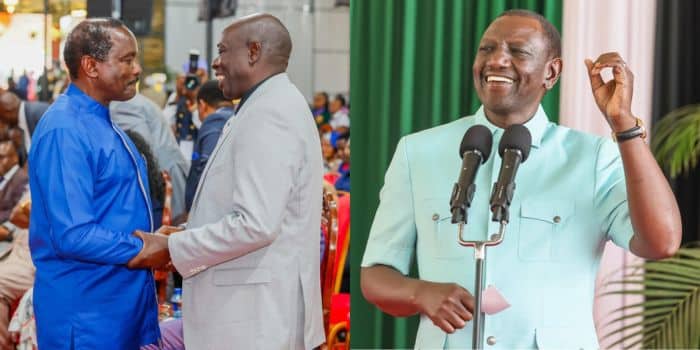




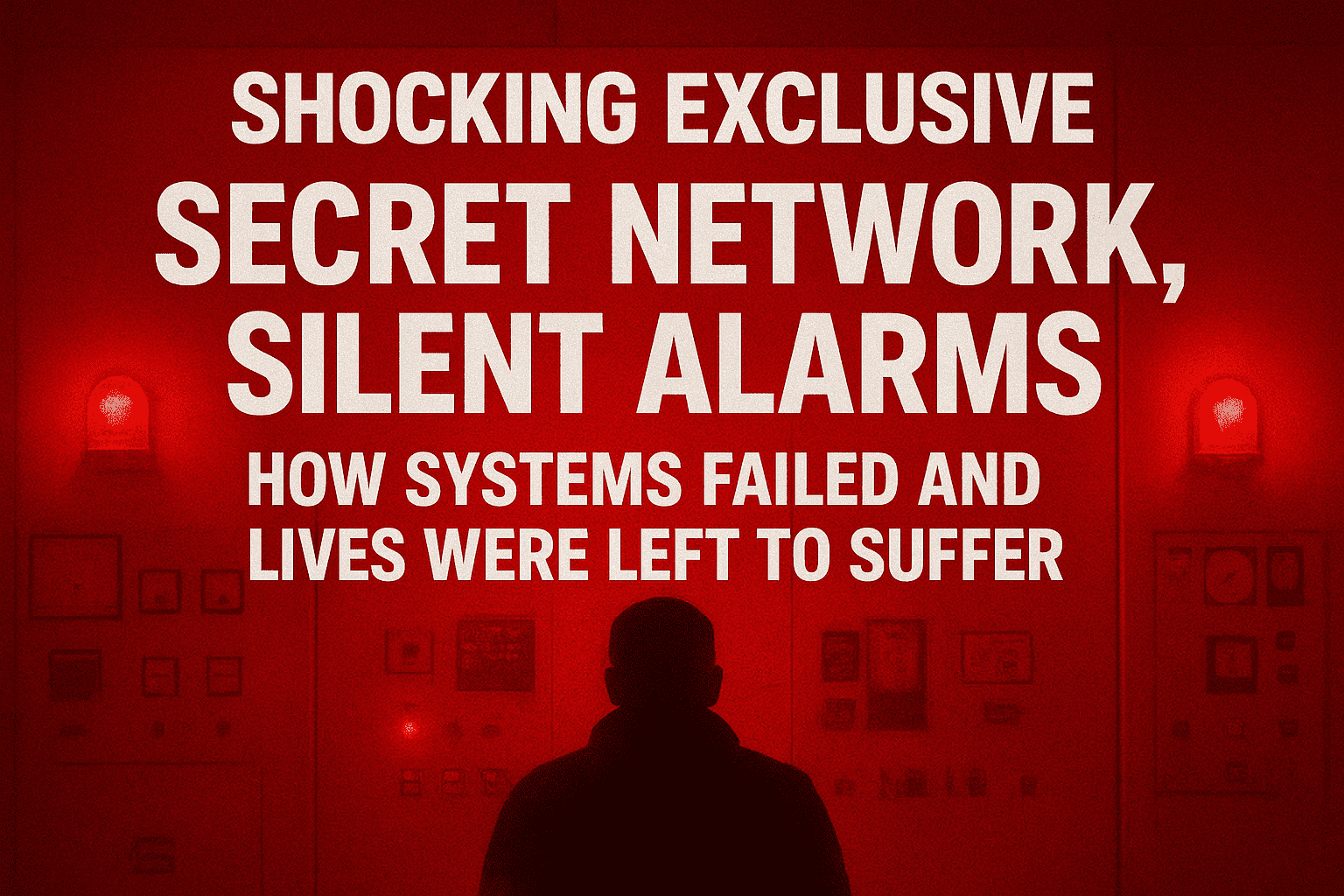
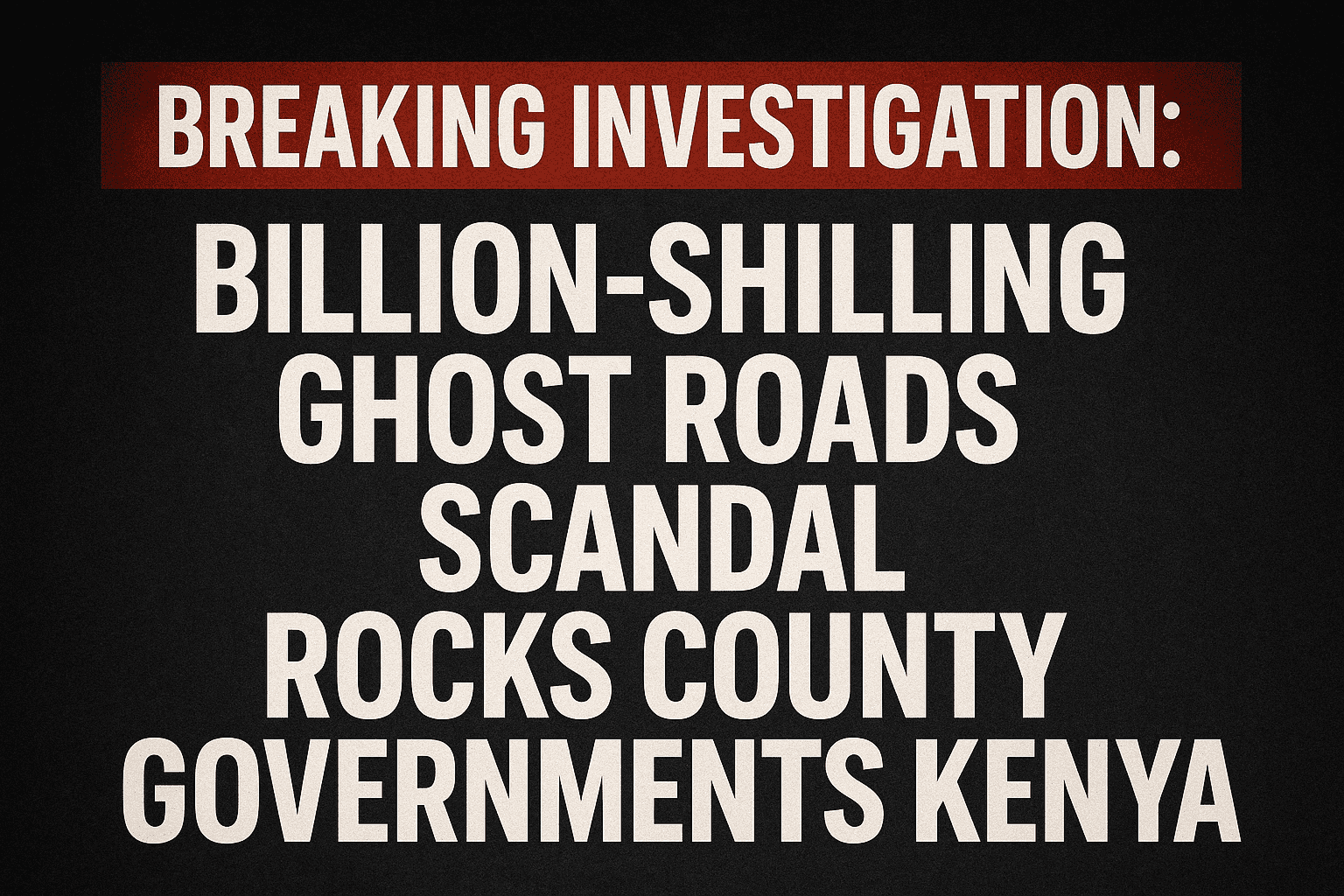



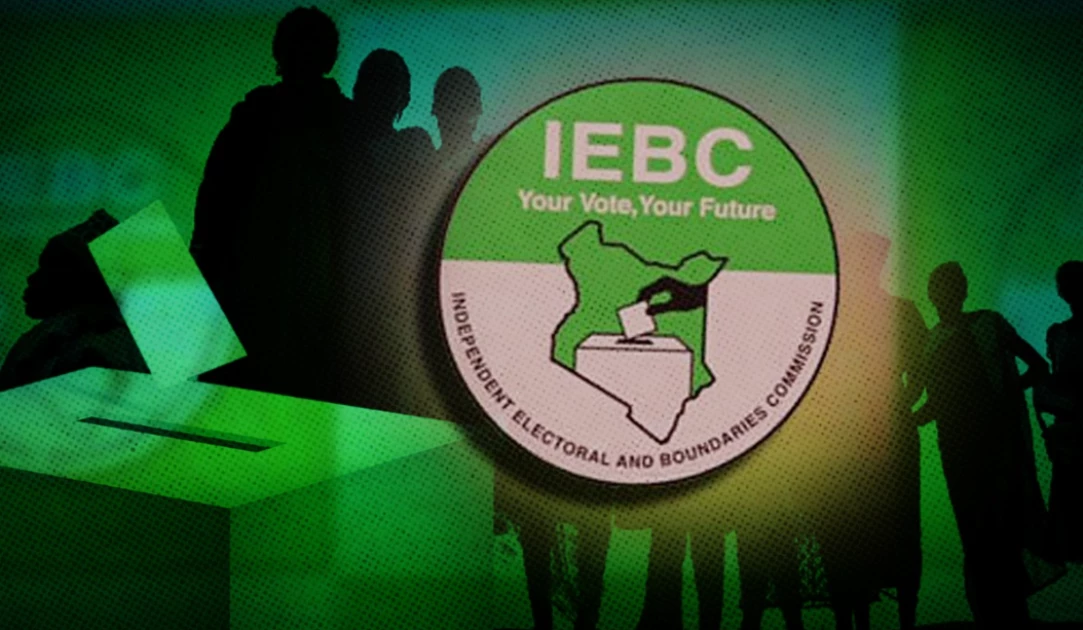
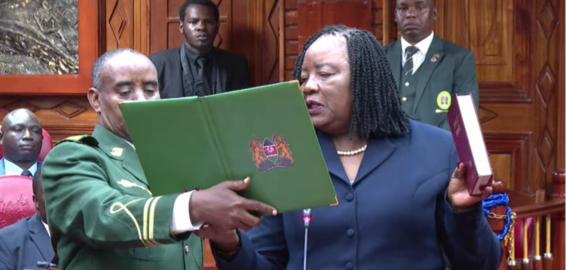

Leave a Reply